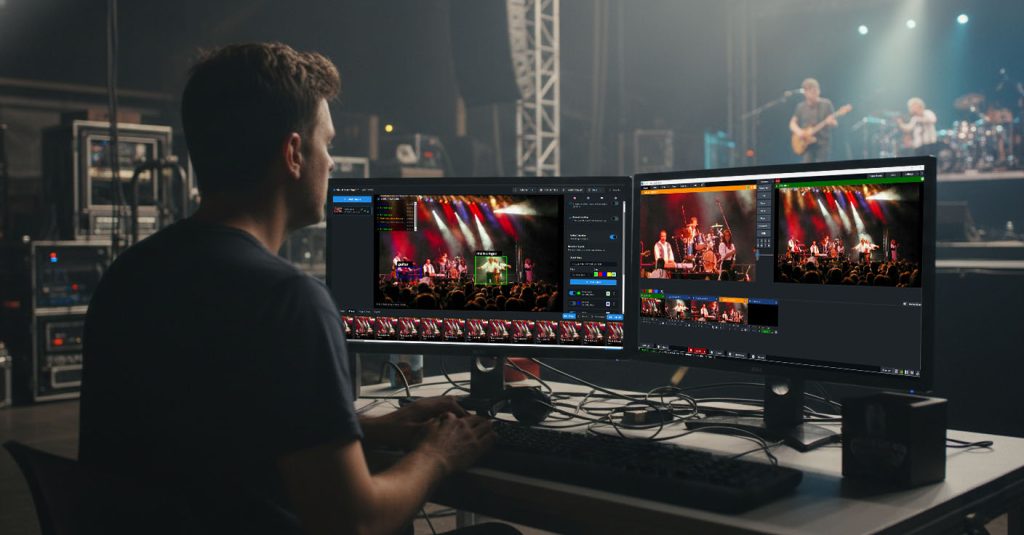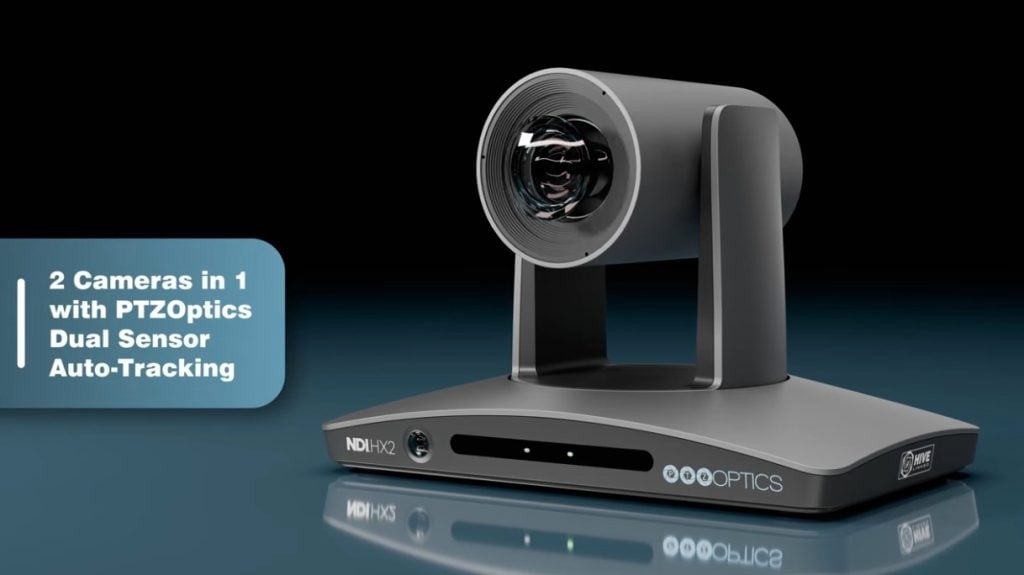Accepting Donations through Facebook and YouTube Live Streams
Written by Paul Richards on December 3, 2018

LifeStream Donation Setup
Services such as Pushpay and Paypal make it easier for churches to set up recurring giving and Pushpay says “Recurring givers are the lifeblood of every church. Not only do these donors give 42% more annually than one-time donors but they also help churches maintain a steady budget during the ups and downs of giving throughout the year.” Digital giving services can help increase your online giving with multiple online tools including mobile giving, text giving and membership giving management suites. Steve Murray the Pastor of Real Life Church says “Sunday morning is no longer the main place that people give. We are starting to see people giving while they are on vacation and giving on a Sunday that they are not at church. People are able to give directly from their seat before the buckets even get around. Young people are even started to give…”

Live Stream and Donate Button
Kevin Johnson of the Dare to Imagine church said “We had this blizzard that came out of nowhere that just wrecked the entire east coast. Initially, we were a little concerned with what we were going to do. So we had worship via a conference call and I’m happy to say that we did what we normally do on a regular Sunday and we couldn’t have done that just one year ago.” Pushpay estimates that a church with 200 members that generally raises $250,000 per year can increase annual giving by roughly $20,000. This can come from new first-time giving, new recurring giving, migrated cash-and-check givers and reduction of lost donations.

Donations portion
It’s a good idea to put the digital contribution button right next to your live video stream. Facebook and YouTube actually want to put a digital donation directly on their websites which I believe may be the #1 way churches can increase annual giving and first time giving. Many churches embed their YouTube live stream video player on a specific page of their website. Then right next to the live video will be a short explanation of the church and an online contribution button powered by Paypal, Gively or Pushpay.
By the end of 2018, some really exciting new ways to accept online donations have come around specifically on YouTube and Facebook. Both social media networks are making it easier for non-profit organizations to accept donations directly through their social media pages during live streams. These new features are both powerful and easy to use.
- Donate button
- Push Pay
Let’s start with accepting contributions on Facebook. The first thing you will need to do is register your Facebook page as an authorized 501c non-profit. Once this is approved by Facebook every time you are mentioned on social media users will be prompted if they would like to include a donation button. Armed with this knowledge you can empower organizations that want to support you by collecting donations online on your behalf. You can also include a convenient link for your live stream viewers to donate inside your Facebook live videos. Facebook does an amazing job collecting donations and it even socializes the events which promote others to join in on the giving. For example, others will be able to see who has else has donated and the total amount donated. Facebook says this about fundraising on the platform “Before making your ask, build a strong Facebook presence. You’ll want to post 2-3 times per week to tell your organization’s story and the impact you’ve had. When you’re ready to make your appeal to donors, do so in a thoughtful way. When you post, include a call to action that makes it clear what you’re asking for and what your organization’s priorities are.” If you are live streaming your Sunday services, this is the perfect place to deliver your value and make a compelling ask.
YouTube offers a similar feature called “Super Chat”. Super chats are highlighted messages inside the YouTube Live chatroom that include a monetary contribution to your organization. Again, your organization will have to be registered as a 501c non-profit with Google to accept donations. Once you are all set up, other YouTube channels can elect to send all of their channels donations to your organization. This is a great way to enable other organizations to sponsor your church. Does someone in your church have a large following on YouTube? Do you have an event that might attract a large audience? These are perfect opportunities to raise funds on social media and I know you will find the experience rewarding.
As you can see, connecting your church to social media can greatly increase the number of online contributions your church will receive. It will also make your church more visible to outside organizations that want to help your church. Getting your social media accounts up and running will make it easier for others to make contributions to your organization.
To get the most out of these tools a little strategy can go a long way. Taking a moment to explain the tools you are using to your church members and online audience will have a huge impact on the effectiveness of your fundraising. When it comes time for collections at your church simply mentioning that there is an online contribution option should spark the call to action for online viewers. If it can become part of your regular routine, remember to mention the new tools you are using and your digital contributions will flourish.
Learn more on Monetizing Live Streaming
- Get your free copy of the Virtual Ticket here.
- Take an online course on hosting private live streams here.
- Learn what virtual tickets mean for the events industry here.
- How to monetize your next live event - here
- How to accept donations on your Facebook and YouTube live streams - here
- Selling Event Virtual Tickets and Private Live Streams - here
- Viewer Statistics for live streaming – here
- Here’s why Twitch is such a BIG opportunity for live streamers - here
- Did you know your town may have a Business Improvement District? They may help your set up a live stream! More here
- Selling Virtual Tickets with Event Planner Derral Eves - more here
- Learn about three events that are already selling virtual tickets here.
- A look at the technology needed to host private live streams here.
- A look at planning a virtual event here.
- Review your virtual ticket pricing strategy here.
- Preparing your event for live streaming here.
- Learn how to build your event live streaming team here.







